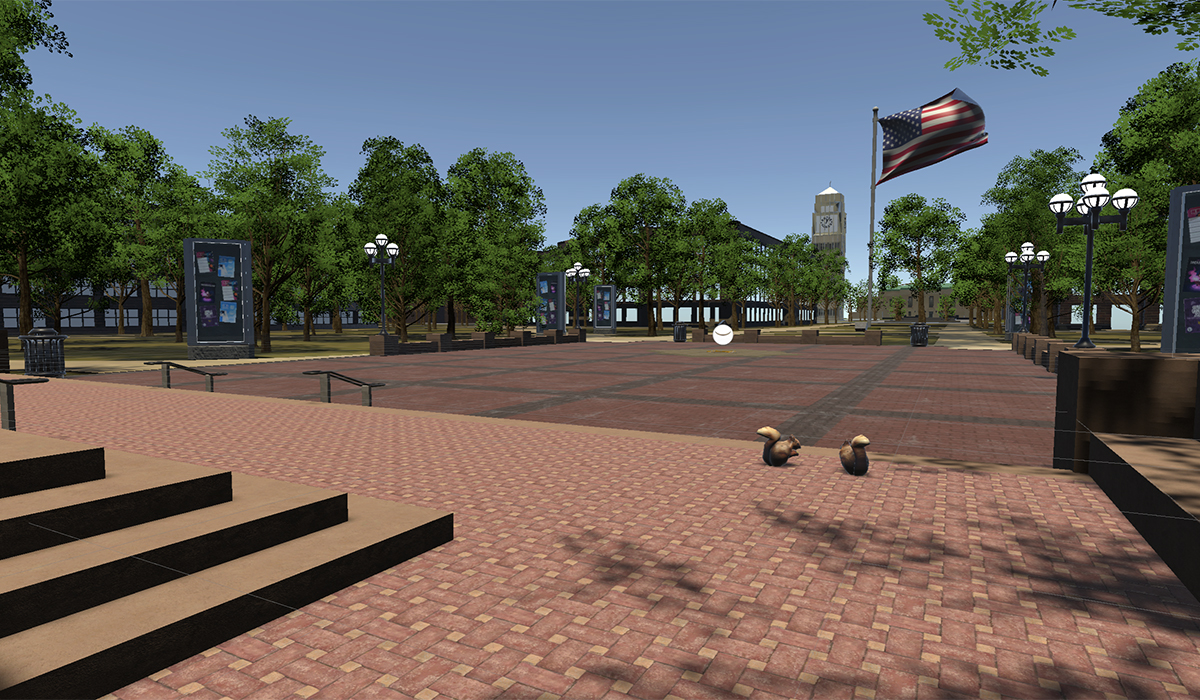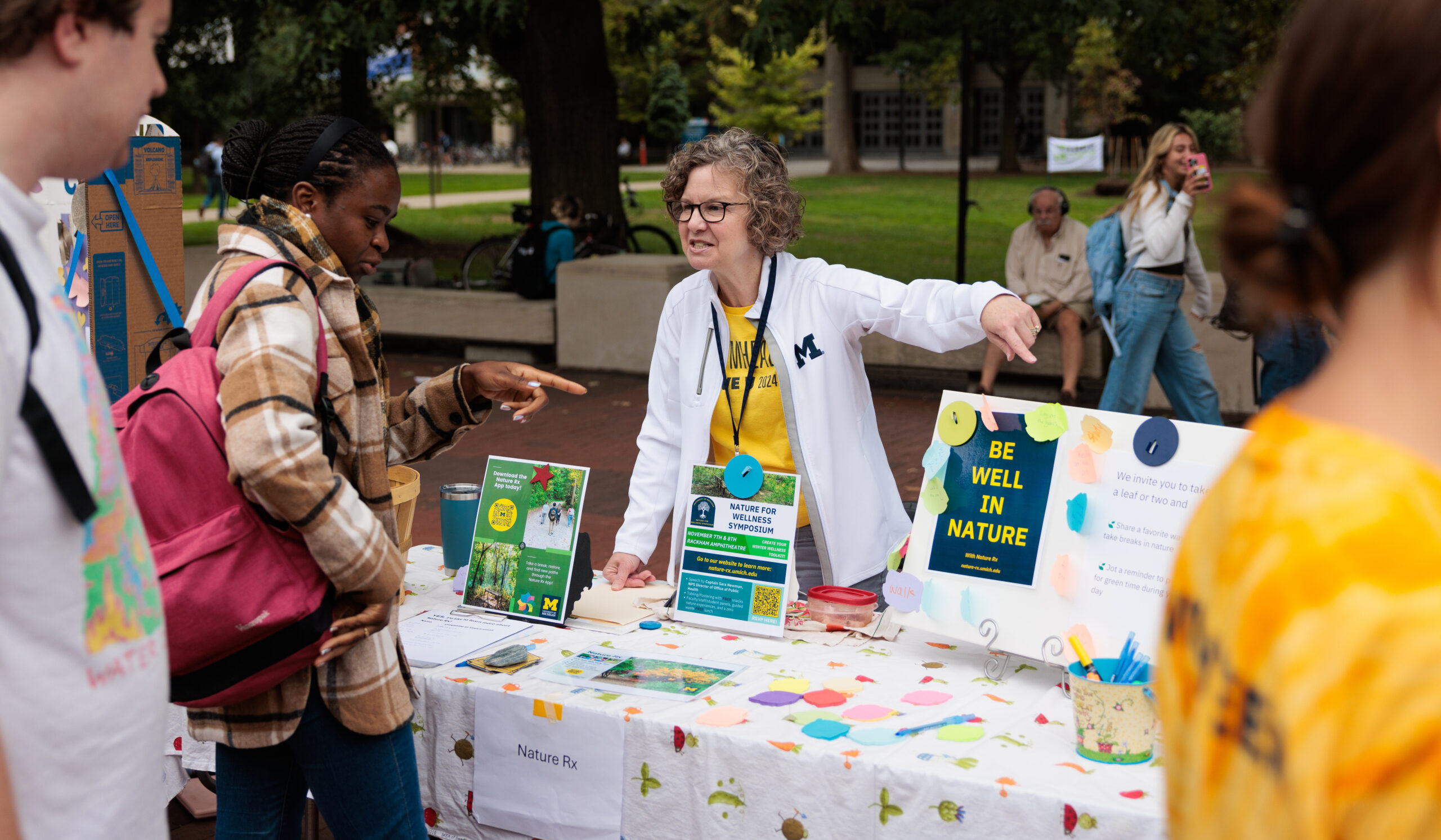Dr. Allan Mishra, ’85, MD’89, is an orthopedic surgeon specializing in sports medicine, but he began studying vitality about five years ago.
And Mishra says a key component for humans to live their best life — social connectivity — has taken a major hit throughout the COVID-19 pandemic.
“We know from the data, social connectivity is terrible right now, and it needs some repair,” he says. “People forget that it is a huge component of their overall health, wellness, and vitality.”
Mishra is teaming up with U-M’s Center for Academic Innovation and the Alumni Association to host an event focused on enhancing community and camaraderie on the Diag — virtually.
The event will take place Sept. 7 at 8 p.m. ET. The meet-up is online and conducted through Zoom, but it will explore the new virtual Diag in extended reality (XR). Participants don’t need a special headset to see the virtual Diag in action during the meeting.
Mishra, who teaches a course on vitality through Stanford’s continuing studies program, says the technology will help bring people back to campus even though they might be hundreds of miles away.
“What we’re hoping is that there’s someone out there who needs this connection,” he says.
The event, which is also being held in conjunction with the U-M Clubs of Silicon Valley, New York, and San Francisco, will feature a talk from Mishra along with the ability for participants to connect in small groups.
Jeremy Nelson, director of U-M’s XR Initiative, says he wants to showcase what the University is doing in the virtual reality space.
“The XR Initiative is a campuswide effort focused on bringing these technologies for teaching and learning, both on campus and online,” he says.
Nelson says there have been classes that have used the virtual Diag, and international students have logged on to get a sense of campus before arriving in Ann Arbor.
To register for the virtual Diag meet-up, click here.
Jeremy Carroll is the content strategist for the Alumni Association of the University of Michigan.





